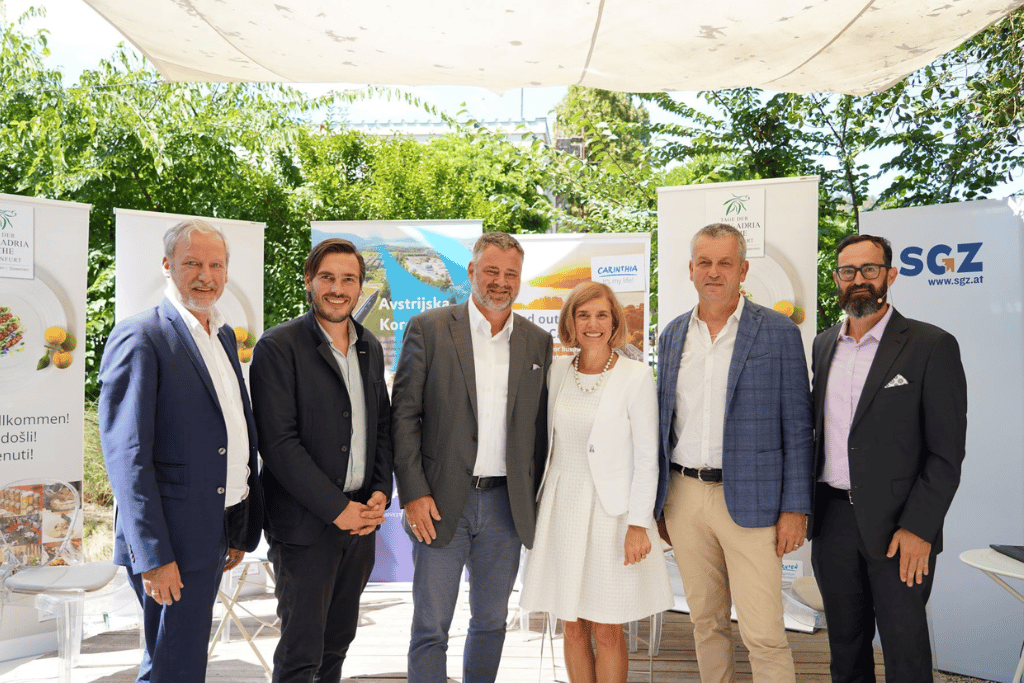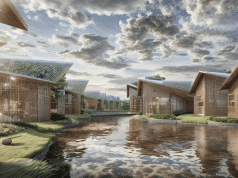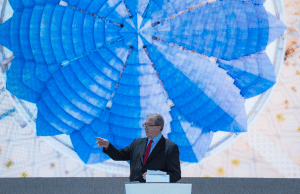Representatives of business, politics and tourism today discussed the current challenges between Austrian Carinthia and Slovenia during the energy crisis, the looming recession and key future-oriented cooperations at a round table entitled Alpe Adria: economic or culinary destination. The director of the Slovenian Chamber of Commerce and Industry, Marjana Majerič, the representative of the Agency for the Promotion of Investments in Austrian Carinthia BABEG, Jernej Dvoršak, the city councillor for economy and tourism of Klagenfurt, Max Habenicht, the president of the catering industry of the Chamber of Commerce of Austrian Carinthia, Stefan Sternad, the president of the Association of Managers of Slovenia, Andrej Božič, and owner of The Slovenia, Niko Slavnič. As part of the round table, the new format of the economic network Alpe Adria Connect was also presented, which will further cooperation in May 2023 in Ljubljana.
Alpe Adria is usually considered a socio-cultural space between Slovenia, Italy and Austria. The new network is intended to foster new opportunities through European Interreg tenders, which will enable future cooperation in this area. Projects for a circular economy, social innovation and bringing Europe closer to citizens will be supported. The initiator of the project is the entrepreneur Niko Slavnič, who created the network together with the company BABEG, Standortmarketing Kärnten and Vesna Hodnik from SGZ, the Slovenian Economic Association in Klagenfurt. “The main focus of the project is major economic and environmental challenges in the coming years, which we will only be able to solve through cooperation,” Slavnič pointed out. In the following years, the focus will be on green economy and tourism, smart specialisation, mobility and supply chains, management training and employee exchange.

The key topics will be discussed during the culinary event at the event in May next year when daily networking meetings of important economic institutions, companies and political representatives will take place. “Joint research projects, the expansion of mutual business agreements and solutions to improve logistics and mobility between Carinthia and Slovenia are the most important points of the Alpe Adria Connect agenda,” Jernej Dvoršak assesses. At the same time, they also want to determine contact points that will lead to cross-border projects, agreements and solutions in the labour market. Slavnič also estimates that as a European region, they can act as a model for extended economic and culinary development. “I think that a closer connection will make a significant contribution to this,” he further explained.
The development of the Austrian economy is already very positive in 2021, and the data for the first quarter of 2022 are also promising. Thus, for example, turnover in the energy sector grew to 67.9 billion euros (+73%), while in the previous year, it fell by 6%. Likewise, production turnover grew to a total of 215 billion euros in 2021 (by 18%, -9% the year before). Among other things, the electronics industry is interesting, as turnover decreased only slightly in 2020 (-2%), but in 2021 it grew by 32% to 9.84 billion euros.
A less optimistic picture is shown by the catering and hotel industry, which in 2019 was the third largest in Austria in terms of the number of employees, but lost more than 50 thousand employees after 2020. After the end of the measures, they only partially returned to this industry. At the same time, turnover also decreased by 27% to a total of 16 billion euros in 2020. The number of overnight stays, which already fell to 97.9 million (-35.9%) in 2020, fell by an additional 18 in 2021. 7% to 79.6 million overnight stays for the whole of Austria.














